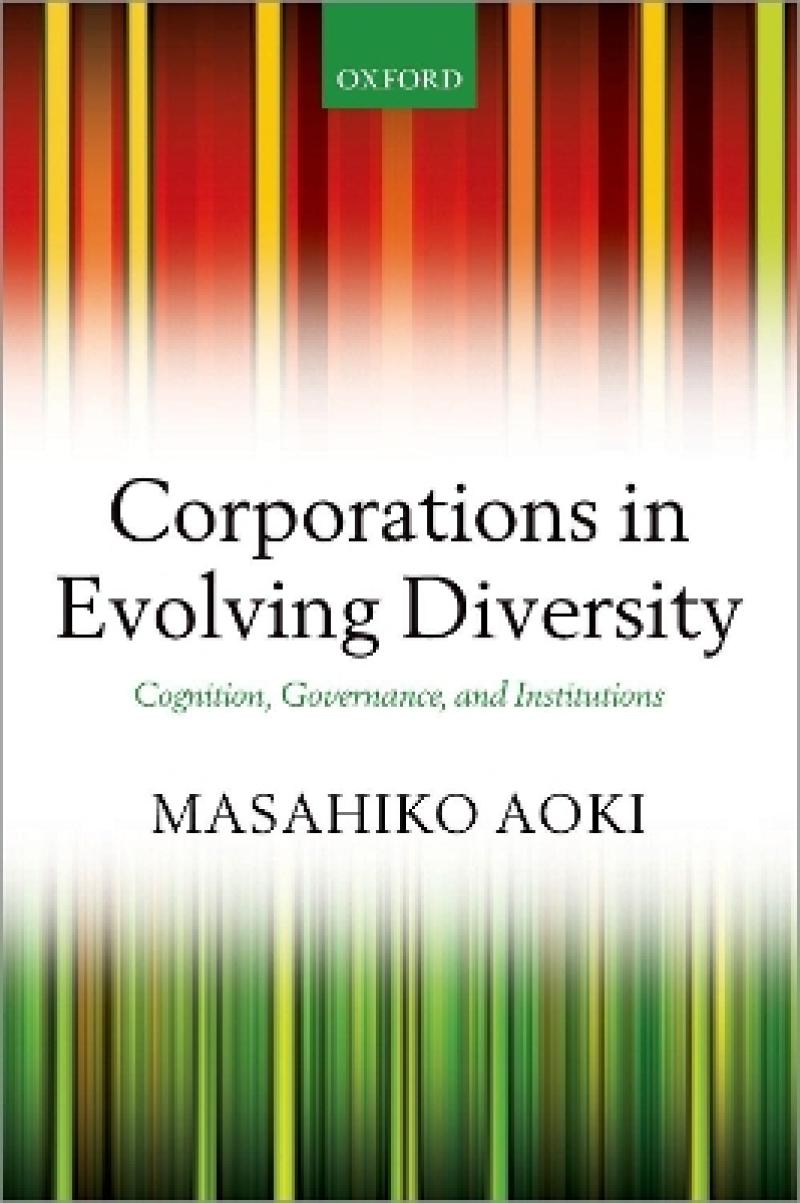An intriguing read.
Ethical Corporation Magazine
Masahiko Aoki uses the social mathematics of game theory to reveal the deep structure of corporate governance systems, in the process explaining the persistence of diversity under conditions of globalization. His profound and highly original analysis speaks directly to the issue of corporate governance reform in the aftermath of the financial crisis of 2008-9.
Simon Deakin, Professor of Law, University of Cambridge
The recent wave of fraud, corruption, and fiscal irresponsibility at the highest corporate levels dramatizes the need for a model of the modern corporation that is at the same time deeply economic in the recognition of the centrality of incentives, and deeply sociological in the recognition of the centrality of social norms and a culture of corporate morality. Professor Aoki has combined his magisterial knowledge of business organization with a foundational study of the role of culture in epistemic game theory to produce, for the first time, a truly transdisciplinary model of the corporation.
Herbert Gintis, Santa Fe Institute
This is a path breaking book that provides a rigorous analysis of the cognitive underpinnings of corporations. It gives fundamental insights into the diversity of organizational forms that exist and the association of these with the historical, political, social, and technological contexts within which they operate. As with so much of Professor Aoki's work, it will radically alter the way in which we view the corporation.
Colin Mayer, Peter Moores Dean, Saïd Business School, University of Oxford
A pioneering contribution which formalizes in game theoretic language complex institutional structure and environment of the corporation both at a moment of time and over time.
Douglass C. North, Nobel Laureate in Economics 1993, Spencer T. Olin Professor in Arts and Sciences, Washington University in St. Louis
